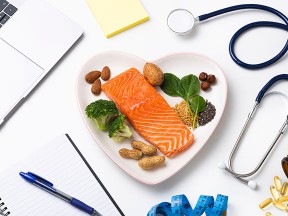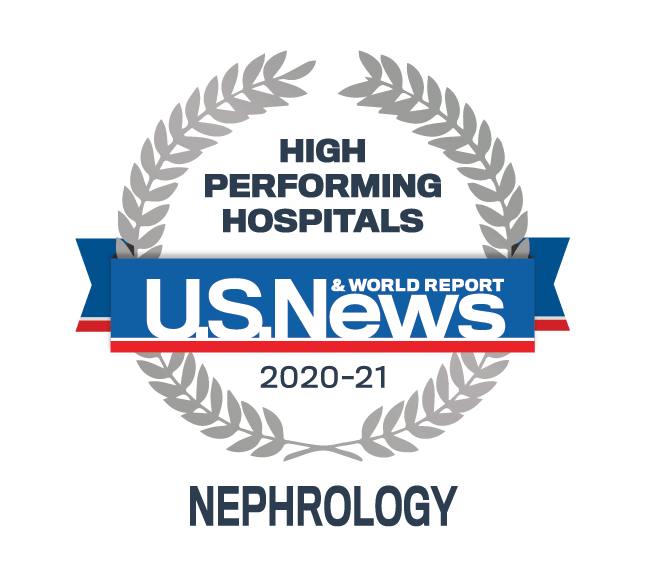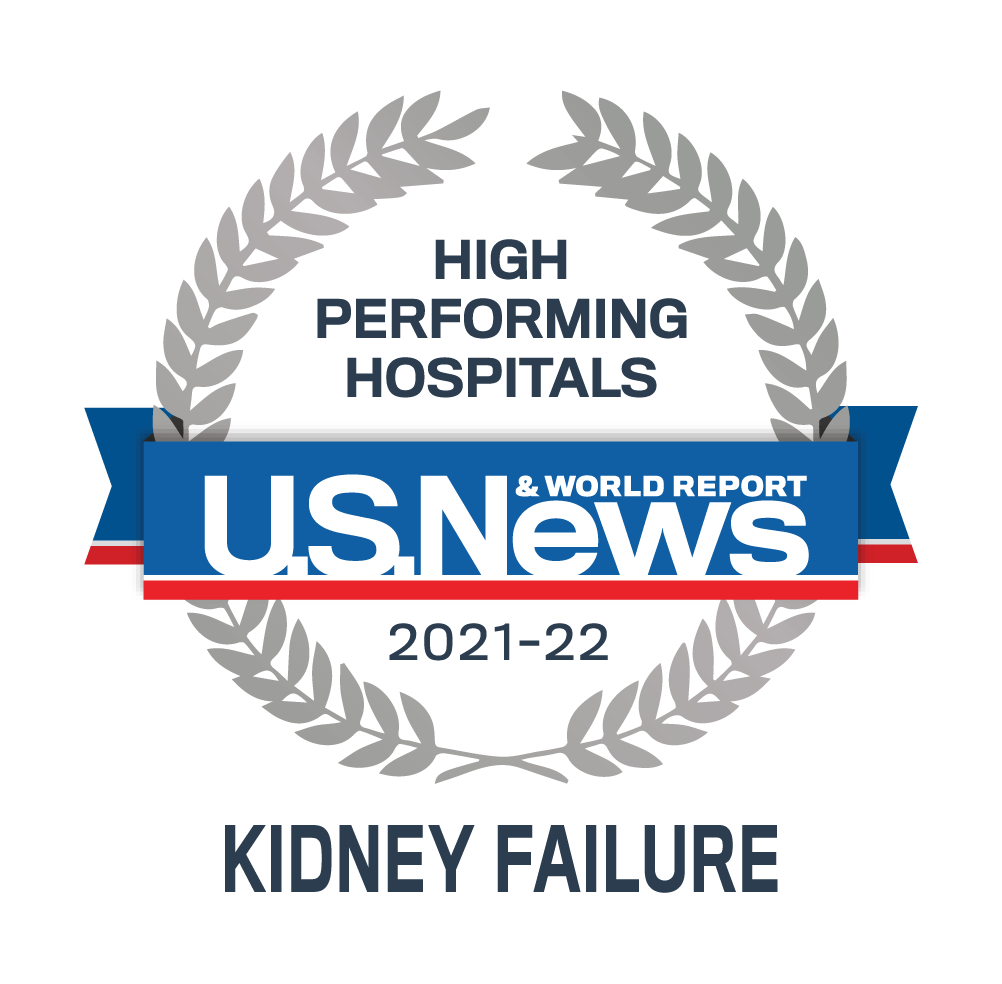Along with medical support, nutrition is key to managing kidney disease. For those with compromised kidney function, the foods you eat or avoid can even prevent kidney disease from progressing. The renal diet exists to help people with diabetes or kidney disease and can be customized for each individual’s health needs. Read on to learn how this diet works and what it can include.
What is the renal diet?
Kidneys filter and remove waste from the blood, so waste can build up and cause issues when they don't function properly. A renal diet focuses on reducing the amounts of sodium, phosphorus, and protein a person consumes to make their kidneys’ work easier. It also emphasizes the importance of limiting fluids and eating high-quality protein. Some people may also benefit from limiting potassium and calcium in their diets; it’s important to work with your doctor or dietitian to develop the right diet for your individual needs.
What foods should I avoid in a renal diet?
Foods containing the following substances are typically limited in a renal diet.
Sodium
Sodium is one of the three major electrolytes in the body. Too much sodium can build up in people with compromised kidney function, leading to symptoms like excessive thirst, swelling, high blood pressure, heart failure, and shortness of breath. To limit sodium, try these tips:
- Choose fresh fruits and vegetables or canned and frozen produce with no salt added.
- Always read food labels to understand how much sodium is in a product.
- Limit sodium to 150 mg per snack and 400 mg per meal.
- Cook at home and do not add salt to your food.
Potassium
This mineral is found naturally in the body, as well as in the foods we eat. It helps to keep the heartbeat regular and muscles working properly. It also helps maintain the balance of fluid and electrolytes. When the body cannot remove excess potassium from the bloodstream, it can cause muscle weakness, irregular heartbeat, a slow pulse, or a heart attack. To limit potassium, avoid salt substitutes and seasonings with potassium, and limit foods that are high in potassium. These can include:
- Citrus juices
- Bananas
- Fish
- Avocado
- Potatoes
- Spinach
Phosphorus
Phosphorus aids bone development and maintenance and supports the development of connective tissues and organs. High levels of phosphorus can pull calcium from the bones, weakening them, and can lead to calcium deposits in the lungs, heart, eyes, and blood vessels. To prevent a buildup of this mineral, pay attention to food labels to avoid packaged foods that are high in phosphorus. Some foods that are high in phosphorus include:
- Soda
- Cheese
- Fast food
- Meat
- Seeds
- Canned fish
- Milk
Protein
Kidney patients typically need a low-protein diet, but the amount of protein recommended in a renal diet changes based on what stage of kidney disease a person is in. Protein is an essential nutrient that promotes tissue maintenance, so work with your nephrologist and dietitian to learn how much protein is recommended for you. As always, read nutrition labels to see how much protein is in the foods you’re eating.
Fluids
As you can probably tell from the previous foods to avoid, controlling the amount of fluid in the body is vital for people with kidney disease. When fluid builds up, it can put pressure on the heart and lungs. While maintaining a healthy level of electrolytes is essential, you should also consider the amount of fluids you’re consuming as well. Your nephrologist can help you understand how much fluid your body needs. Here are things to be aware of when monitoring fluid intake:
- Count all foods that melt at room temperature (for example, popsicles or gelatin).
- Consider all fluids used in cooking.
- Do not drink more than your doctor orders.
What foods are good to include in a renal diet?
Depending on your overall health, your doctor or nutritionist may recommend different diets. One diet that is common for people with kidney disease is the DASH (Dietary Approaches to Stop Hypertension) diet. This way of eating is rich in produce, low-fat dairy, whole grains, beans, and nuts. However, talk to your doctor to learn what’s right for you. In general, here are a few things to eat that can help you balance the nutrients in your body.
Foods low in potassium
If you’re used to drinking citrus juice to regulate blood sugar, you can easily switch to apple, grape, or cranberry juice instead. These juices are lower in potassium and can help you regulate this mineral. Other foods low in potassium include peaches, carrots, green beans, white bread and pasta, rice milk, cooked rice and wheat cereals, and grits.
Foods low in phosphorus
Some packaged or deli foods can have phosphorus added to them, so always check the label for words with “phosphorus” or “PHOS” in the ingredients. Some foods that are lower in phosphorus include fresh fruits and vegetables, bread, pasta, rice, and corn and rice cereals.
Healthy amounts of protein
To protect your kidneys, it’s important to regulate the amount of protein you consume. A portion of chicken, fish, or meat is about 2-3 ounces—roughly the size of a deck of cards. Understand how much protein is in the foods you eat, including plant-based protein, which is found in foods like beans, nuts, and grains.
Because the amounts of these nutrients suggested for you vary based on what stage of kidney disease you’re in, as well as numerous other health factors, it’s important to discuss the renal diet with a St. Luke’s Health nephrologist. They can recommend what’s right for you and help answer any questions about meal planning, keeping a food diary, and follow-up care. Before making any changes to your regular diet or lifestyle, talk with a Baylor St. Luke's Medical Group primary care physician.
Resources
The Renal Diet | NephCure Kidney International
The DASH Diet | National Kidney Foundation
Eating Right for Chronic Kidney Disease | NIH
Diabetes and Kidney Disease: What to Eat? | CDC






